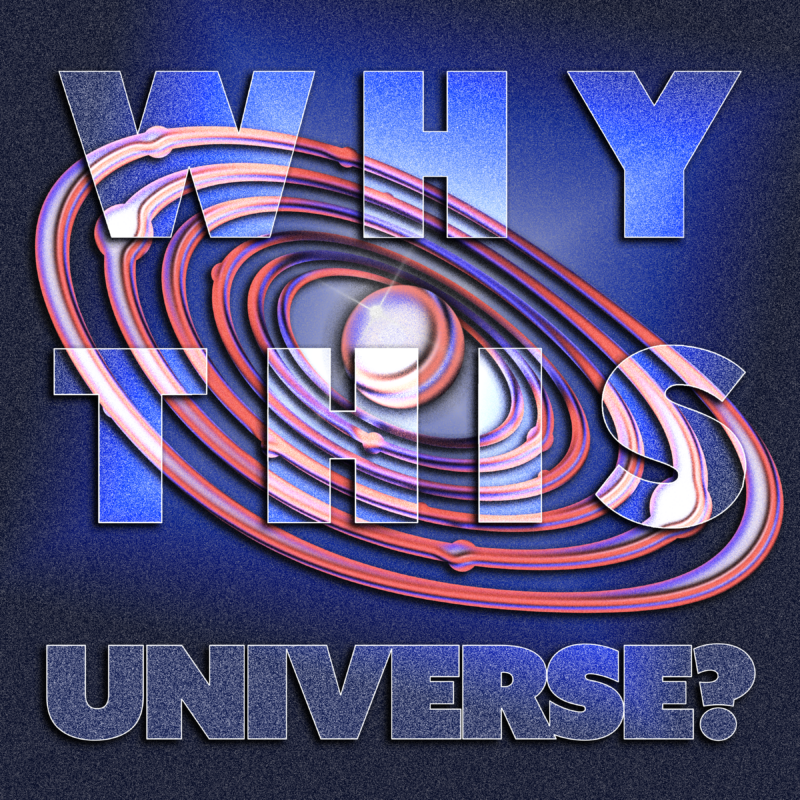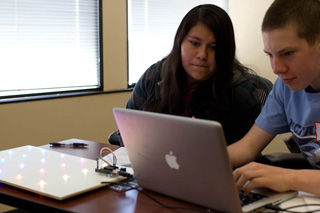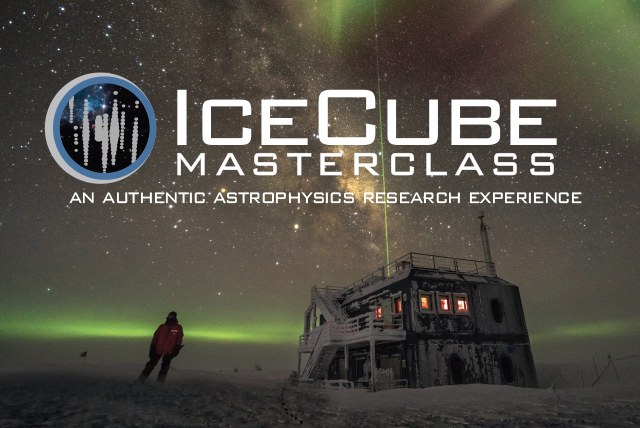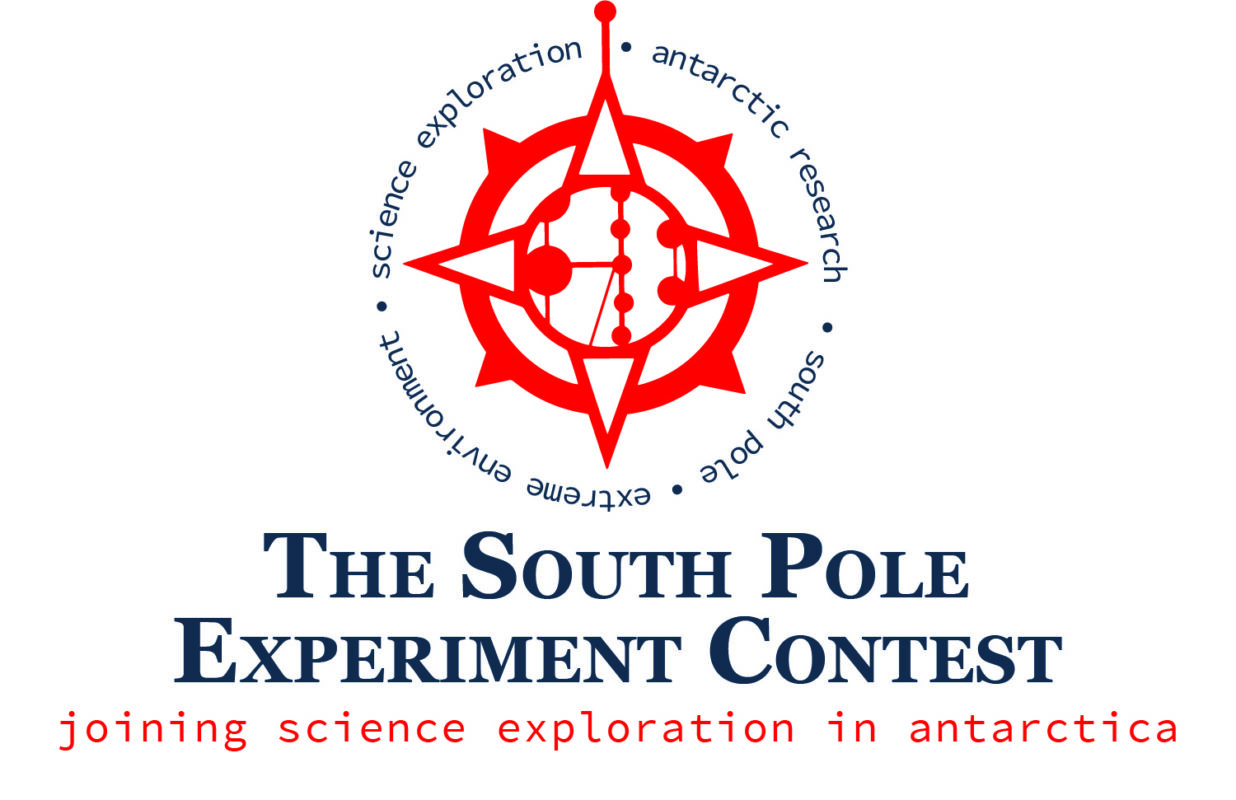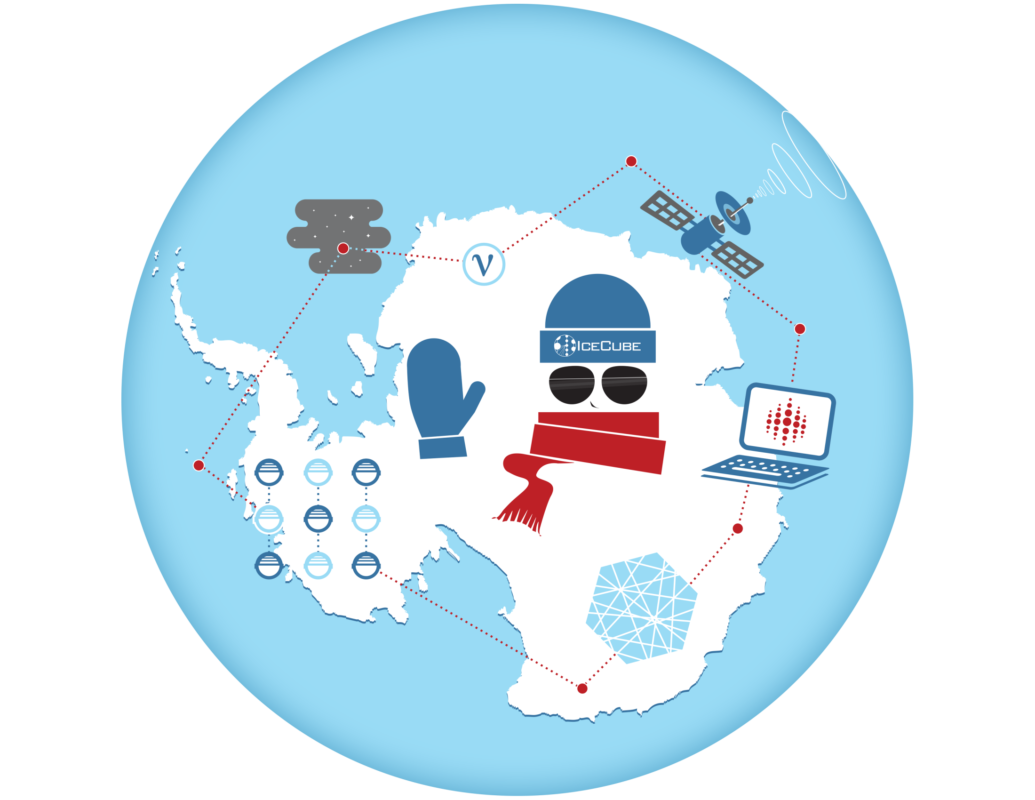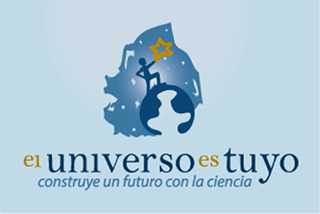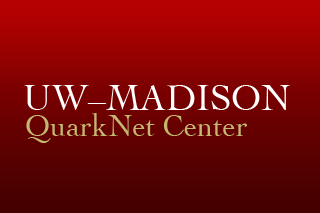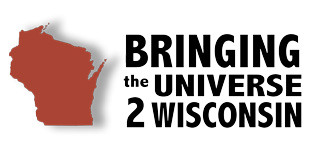Connect
Why This Universe?
Join WIPAC director and theoretical physicist Dan Hooper and his co-host Shalma Wegsman as they answer some of the deepest questions about dark matter, black holes, quantum mechanics, and more. “Why this Universe?” is a podcast that seeks to break down some of the biggest ideas in physics into easily digestible chunks. The first episode aired on July 13, 2020.
Find more at: https://whythisuniverse.buzzsprout.com/1162613
IceCube After School
WIPAC’s after-school program provides high school students in the Madison, Wisconsin, area the opportunity to explore real-world physics experiments and get to know working astrophysicists. In recent years, students have learned and practiced writing computer programs and data analysis.
The after-school program is usually held on a weekly basis and hosts about 15 local high school students. All interested students are encouraged to apply; no physics or programming background is necessary. If you have questions or are interested in learning more about upcoming programs, contact learn@wipac.wisc.edu.
IceCube Masterclass at WIPAC
WIPAC is one of the institutions hosting the IceCube Masterclass, an educational program of the IceCube Collaboration. The IceCube Masterclass program, started in 2014 at select locations around the world, invites young students—our future scientists—to learn about particle astrophysics by doing real research.
The IceCube Masterclass is a one-day event where high school students learn about astrophysics through lectures and hands-on analysis of data from the IceCube Neutrino Observatory, located in Antarctica at the South Pole. WIPAC has hosted around 20 to 30 students each year for this special event.
For more information, please visit the IceCube Masterclass website.
South Pole Experiment Contest
This outreach project aims to engage middle school students from around the world in science exploration conducted in Antarctica. In this first edition, the contest was open to students in a few locations—Belgium, Germany, and the US—thanks to the initial support from IceCube institutions in these countries. Subsequent editions have been focused mostly in Belgium.
The South Pole Experiment Contest encourages students to develop research and critical thinking skills needed for STEM careers. Check out the program’s multilingual site in English, Dutch, French, German, and Spanish for more about this contest.
South Pole Webcasts
Hear firsthand what it is like to live and work in one of the most extreme environments on Earth. Learn what people are doing at the South Pole and how IceCube transformed the ice into the biggest and strangest telescope in the world.
A wide range of people—cooks, pilots, and technicians of all sorts—is needed to keep the National Science Foundation Amundsen-Scott South Pole Station running. Discover what the IceCube Collaboration is learning about the universe from neutrinos, invisible particles so hard to detect that they are called “ghost particles.”
If you would like to find out about upcoming webcasts, contact learn@wipac.wisc.edu.
¡El Universo es Tuyo!
¡El Universo es Tuyo! (The Universe is Yours!) is an initiative for engaging Madison’s Spanish-speaking community with the science of the universe. Activities have included stargazing, sungazing, public talks, a masterclass for high school students as well as the opportunity for students to intern with WIPAC and Centro Hispano. This effort was made possible through a partnership with UW Space Place and in collaboration with: Centro Hispano, UW Arboretum, the Aldo Leopold Nature Center, HAWC, and IceCube. Visit our bilingual website for more information.
UW–Madison’s QuarkNet Center
WIPAC leads and hosts UW–Madison’s QuarkNet Center, which aims to develop innovative and genuine astrophysics research experiences for high school teachers and students. QuarkNet, a national program sponsored by NSF and the U.S. Department of Energy, partners with universities and research labs around the country to offer unique professional development for physics teachers and engaging research experiences for their students.
Our QuarkNet activities have included the IceCube Masterclass in Madison, a summer teacher workshop “Astrophyiscs in the Classroom,” and other opportunities for teachers and students to engage in specific research and outreach projects.
Bringing the Universe to Wisconsin
Bringing the Universe to Wisconsin was a two-year public education program funded by the Ira and Ineva Reilly Baldwin Wisconsin Idea Endowment that ran from 2012 to 2014. The project centered around all 26 University of Wisconsin System schools, where we both gave campus presentations and provided community events.
Events ranged from campus colloquia to large-scale, interactive, family events. Topics we covered during Bringing the Universe to Wisconsin events included the challenges of constructing a huge research facility at the South Pole as well as neutrino astronomy, the search for dark matter, computer science, and cosmic rays. After two years, 6,350 miles, 300 volunteers, and 52 events in 26 communities, Bringing the Universe to Wisconsin shared scientific exploration and innovation with over 5,000 Wisconsinites. For more information about the project, visit universe.wisc.edu.

